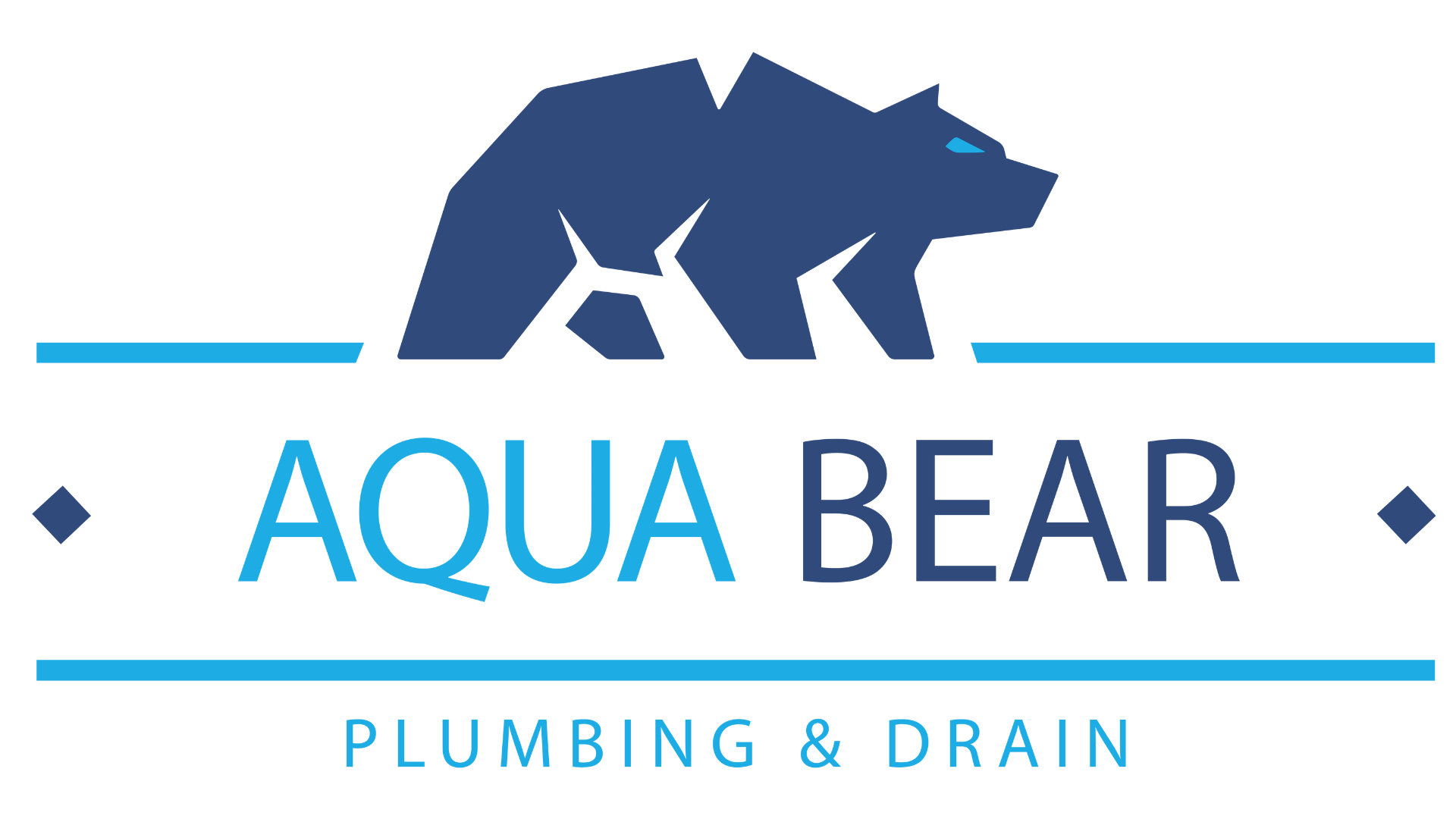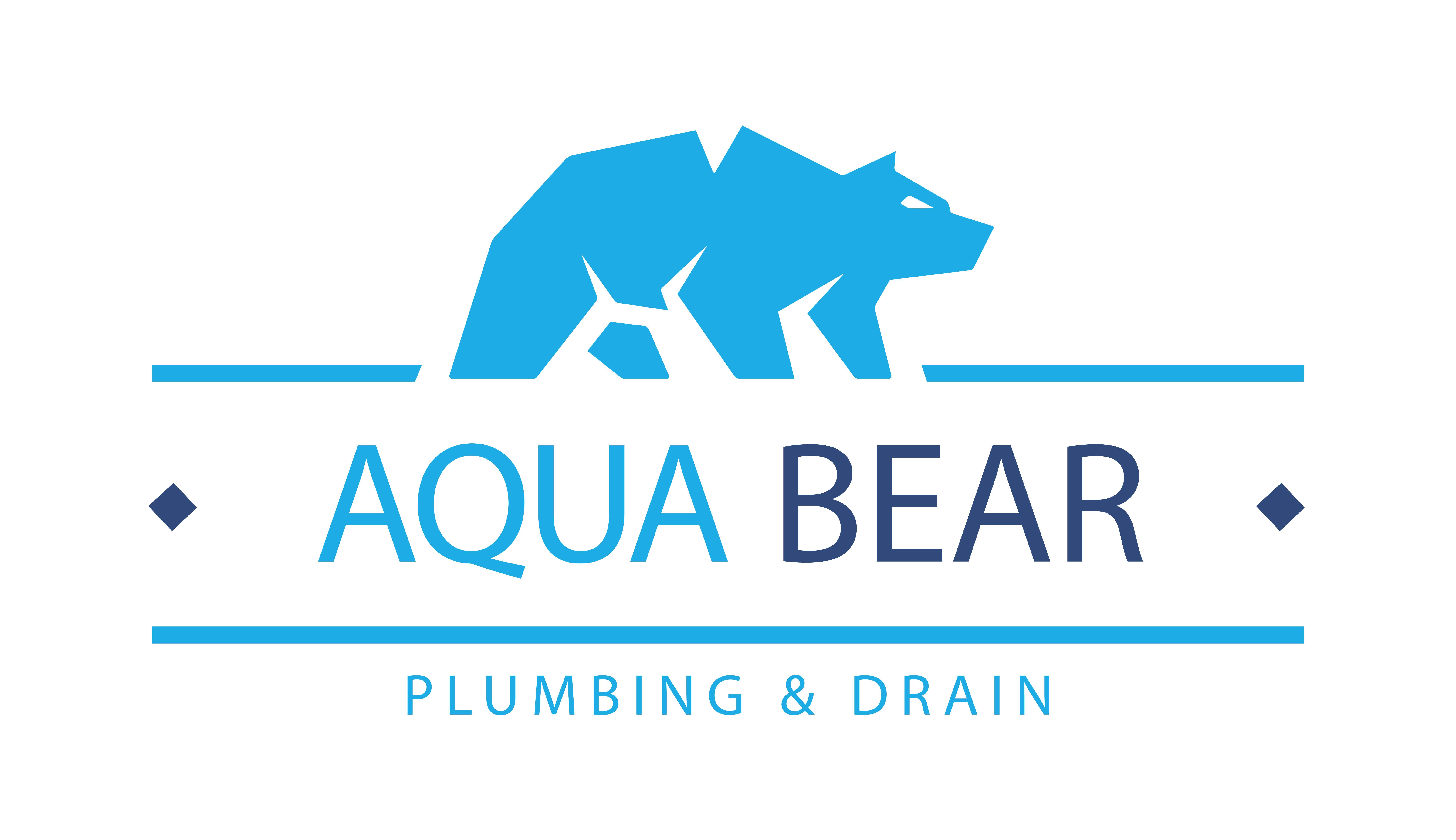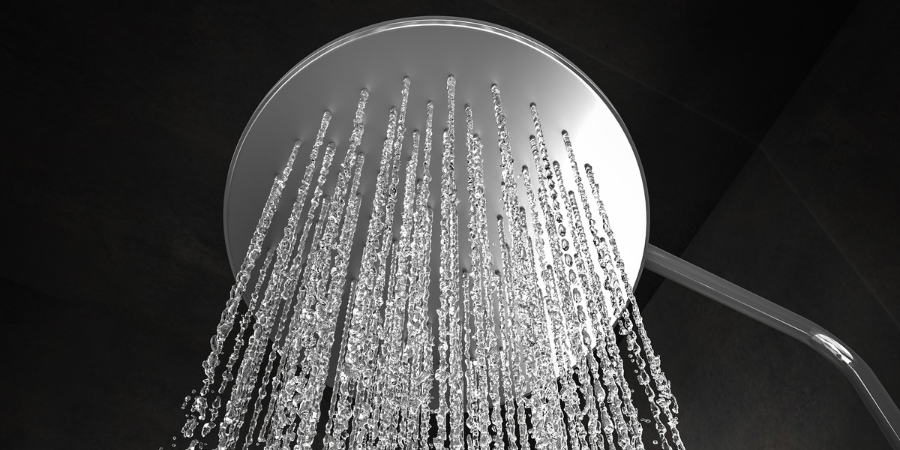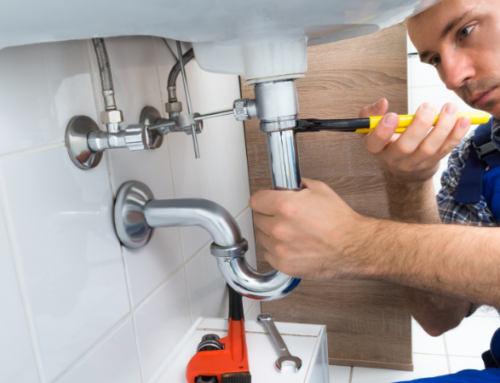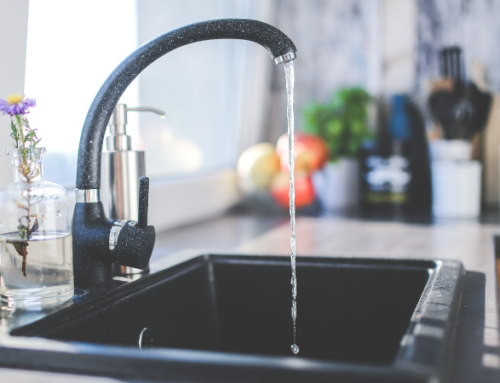Water, the essential ingredient in our homes and offices, is both a blessing and a potential hazard when the amount of pressure behind it is excessively high. Water pressure that is too high can create plumbing annoyances all the way to full-blown plumbing disasters and cause damage to water-using appliances and the plumbing fixtures with which they come in contact.
In this article, we will discuss what water pressure is and how it occurs. We will examine the dangers associated with high water pressure and include the signs you may be suffering from high pressure. Lastly, we will recommend how to best deal with the negative effects of high water pressure.
Water Pressure: What It Is and How It Is Created
Water pressure is the force that controls the flow of water through your plumbing pipes and into plumbing fixtures and appliances. High water pressure will cause water to move quickly within a plumbing system as opposed to low water pressure which causes it to move slowly.
Water pressure is created by a combination of altitude and gravitational forces. Every city has a water storage tower positioned at a high altitude. This storage tank holds treated water until it is needed by the customers served by that particular water tower. When water is called for the tower releases water that flows from the tower into your home or business. The higher the tower the more distance the water will fall and, the further it falls, the greater the water pressure.
What Is Considered Normal?
Water pressure is measured in pounds per square inch (PSI). The acceptable range for residential and commercial buildings is between 45-75 PSI. Anything below 40 PSI is considered low water pressure and any reading over 80 PSI is considered high water pressure.
Adequate water pressure is essential to a well-functioning space and allows for the use of multiple water sources simultaneously without each source being negatively affected. It also ensures plumbing codes are honored and warranties on water-using appliances and plumbing fixtures are not voided. High-pressure water can damage plumbing pipes, shorten the life of plumbing fixtures and appliances, and lead to plumbing emergencies. Maintaining proper water pressure is essential for a well-functioning plumbing system.
Causes of High Water Pressure
There are several situations which can lead to high water pressure. Some situations create temporary increases in pressure. If repair or maintenance work is taking place nearby, air can become trapped in the plumbing lines creating temporary increased pressure issues. This type of increase can be relieved by opening up the taps in the building and allowing the air to exit the pipes.
Constant high pressure is of the more important type. No plumbing system can sustain consistently high water pressure readings.
Buildings that are on low land in relation to the water supply tower or that are located in hilly regions are at risk for high water pressure. Gravity will naturally increase the pressure as the water leaves the tower and falls in response to water demand. Similarly, buildings within city limits that are multi-storied may intentionally be programmed for high pressure so as to ensure water can reach even the highest floors or that there is adequate water in the fire hydrants.
Another frequent cause of high water pressure is a faulty pressure regulator. Pressure regulators are installed to reduce the flow of water coming into a home or business to minimize the strain placed on the plumbing system. When a pressure regulator is installed it reduces the pressure that could lead to leaking pipes and shutoff valves and protects water-using appliances from excess wear and tear.
Signs of High Water Pressure
Water that is traveling through pipes at a higher force can create serious plumbing issues. Here is a list of common problems resulting from high water pressure:
–Leaks at pipe joints or cracks from excessive pressure that could result in burst pipes
-Shortened life spans of plumbing fixtures and water-using appliances
-An increase in monthly water bills
-Banging pipes from a condition known as water hammer
–Toilets that continuously run
–Water heater failures
Do I Have High Water Pressure?
Determining whether you have a high water pressure issue is easy to determine. You can do this yourself by purchasing an inexpensive piece of plumbing equipment known as a water pressure gauge. First, turn off all water-using appliances and fixtures in your home or business.
Next, attach this gauge to any faucet and check the reading on the gauge to be sure it says “0” PSI. Turn on the water to its maximum setting and read the gauge. This number represents your water pressure. If it is too high it will need to be adjusted.
How To Remedy High Water Pressure
There is one sure-fire way to remedy high water pressure and that is to have us install a water pressure regulator, also known as a pressure regulator valve. We install this valve between the main water source and your home or business facility close to the main shutoff valve. The pressure regulator can lower the pressure coming in regardless of how high the PSI is ensuring your plumbing system is safe.
Many newer homes come equipped with a pressure valve but, with a lifespan of approximately 10 years, it is possible yours may have stopped functioning properly and needs to be replaced.
Need A Plumbing Company In North County?
Water pressure that is in excess of the normal range can be problematic and can lead to leaks, burst pipes, running toilets, and failing water heaters. Determining your water pressure is an easy task and to remedy high water pressure requires a simple installation of a pressure regulator valve. We can help you determine if you are experiencing high water pressure issues and can perform the necessary work required to get your water pressure under control.
Our team understands how to diagnose plumbing problems and fix your water pressure issues. Call us today for an evaluation.
